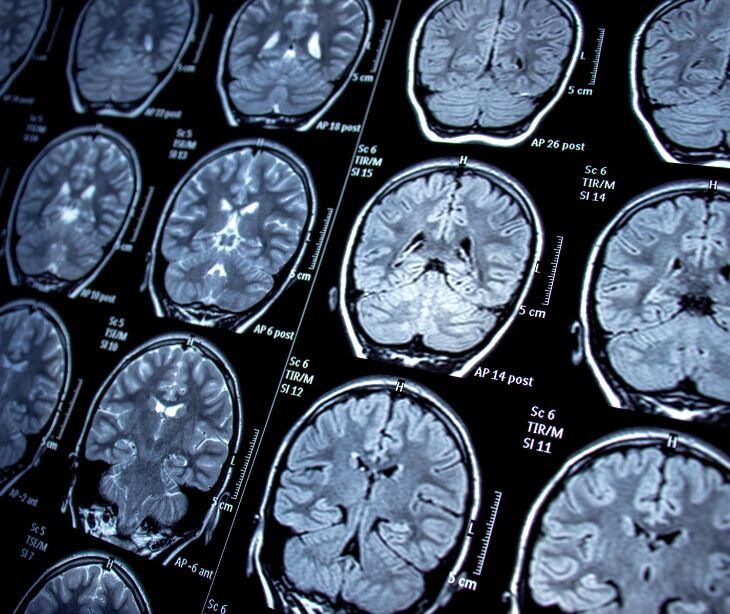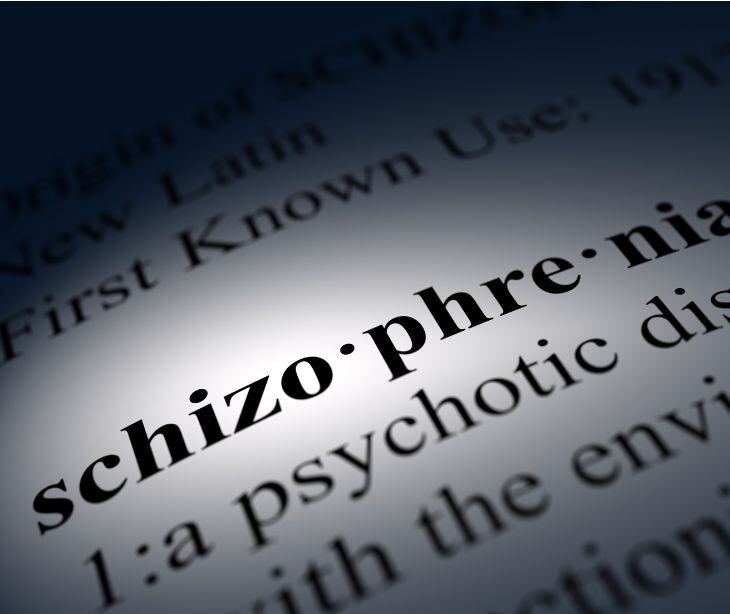
Providers can use HIPAA compliant emails to help improve epilepsy awareness and access to treatment and drive meaningful change for those impacted by epilepsy. Additionally, HIPAA compliant emails allow providers to communicate with patients and other healthcare professionals for efficient care coordination while protecting patient privacy.
What is epilepsy?
The World Health Organization (WHO) defines epilepsy as “a chronic noncommunicable disease of the brain that affects around 50 million people worldwide,” making it one of the most common neurological diseases globally.
Furthermore, “it is characterized by recurrent seizures, which are brief episodes of involuntary movement that may involve a part of the body (partial) or the entire body (generalized) and are sometimes accompanied by loss of consciousness and control of bowel or bladder function.”
According to the MayoClinic, seizure symptoms may include:
- “Temporary confusion
- A staring spell
- Stiff muscles
- Uncontrollable jerking movements of the arms and legs
- Loss of consciousness
- Psychological symptoms such as fear, anxiety, or déjà vu”
These seizures can vary in severity and duration, with some lasting only a few seconds while others can last several minutes. Patients must seek medical attention if they experience these symptoms, to determine the underlying cause and receive appropriate treatment.
How providers can help epilepsy patients
WHO states that “up to 70% of people living with epilepsy could live seizure-free if properly diagnosed and treated.” So, providers must ensure an accurate diagnosis, prescribe appropriate medications, and offer support services to help improve patient outcomes. However, providers must use a HIPAA compliant platform, like Paubox, when sending protected health information (PHI) to protect patient privacy and ensure regulatory compliance.
More specifically, providers can use HIPAA compliant emails to send treatment plans and follow-up care, ensuring patients have the necessary support and resources to manage their condition effectively.
Additionally, HIPAA compliant emails can help providers collaborate with other healthcare professionals, like neurologists and psychologists, offering comprehensive care for patients with epilepsy.
Using HIPAA compliant emails
Improving epilepsy awareness
Providers can use HIPAA compliant emails to send newsletters, raising awareness about seizure types, triggers, and first aid protocols. These newsletters can include patient success stories from individuals living with epilepsy, sharing insights and coping strategies to help increase epilepsy awareness among the public.
Improving access to treatment
HIPAA compliant emails can send appointment reminders to reduce the risk of missed appointments and promote continuity of care. These reminders can also include secure links for virtual consultations when in-person visits are not available.
Additionally, providers can implement an email-based medication adherence program to help patients adhere to their treatment regimens, which could help improve treatment outcomes.
Promoting advocacy and research
Providers can send HIPAA compliant emails encouraging patients to advocate for policy change, increased funding for epilepsy research, and improved access to healthcare services.
Additionally, HIPAA compliant emails between providers, researchers, and advocacy organizations can create opportunities for joint initiatives, grant funding, and knowledge exchange for improved epilepsy care.
Go deeper: Using email and text messaging in health advocacy
Improving provider collaboration
HIPAA compliant emails can improve provider collaboration, facilitate knowledge exchange, and advance the scientific understanding of epilepsy. For example, provider organizations can email updates on the latest advancements in epilepsy research, clinical trials, and treatment options to their colleagues, ensuring that all healthcare professionals are informed and up-to-date on the most current information available.
HIPAA compliant emails can also be used to securely share patient information and coordinate care plans among providers for comprehensive care in patients with epilepsy.
FAQs
What types of information are protected under HIPAA?
HIPAA protects individually identifiable health information, including diagnoses, treatment plans, and medical records.
What makes an email HIPAA compliant?
HIPAA compliant emails safeguard protected health information (PHI) by using encryption, authentication methods, and audit trails. Providers should first obtain explicit patient authorization before sending any communication and only include the minimum necessary information.
Read also: How to get consent for texting and emailing patients
Can providers forward patient emails to other healthcare professionals?
Yes, once a provider has obtained patient consent, they can use a HIPAA compliant emailing platform, like Paubox, to forward patient emails to other healthcare providers.
Subscribe to Paubox Weekly
Every Friday we'll bring you the most important news from Paubox. Our aim is to make you smarter, faster.



